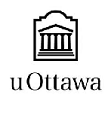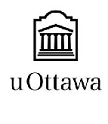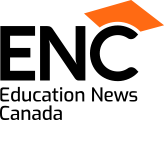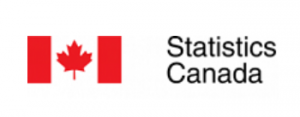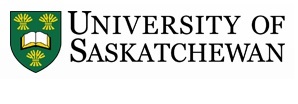uOttawa's Board of Governors approved the 2020-2021 budget for the University on May 5 and agreed to maintain pre-COVID-19 financial assumptions, with the caveat that both close monitoring and mitigation strategies are required as the pandemic evolves.
The University administration has been monitoring the impact of the pandemic on our operations and community closely. The University acted quickly to mitigate its financial impact, including implementing measures to increase revenues and reduce expenditures and developing strategies to offset potential tuition losses.
Before the COVID-19 crisis, the University expected to run an estimated $6 million deficit in the 2020-21 budget. In the context of the pandemic, this amount will undoubtedly increase with the expected loss of tuition fee revenues and the direct costs related to the crisis. To date, the University's costs related to the pandemic are an estimated $12.3 million, including both incremental expenses and lost revenues.
Prior to the pandemic, there were already persistent pressures on the University's financial health including ongoing demands for space and buildings and increased labour costs. The other major impact on the University's revenues is the provincially mandated student tuition reductions that resulted in a loss of revenue of $33 million for 2019-20 and will be an additional loss of $45 million for 2020-21.
This year the University will begin implementing several new initiatives to support the objectives of its strategic plan, Transformation 2030. These include recruiting stellar research candidates for our growing portfolio of Canada Research Chairs (89 Chairs), supporting early researchers, focusing on strategic recruiting in line with uOttawa's commitment toward equity, diversity and inclusion, and revitalizing undergraduate and graduate programs, aiming at offering the best of 21st-century learning to attract outstanding students. Research continues to perform well in our grant submissions for tri-council funding, particularly for COVID-19-related projects.
Despite financial uncertainties, the University intends to invest in infrastructure upgrades that are critical to our ability to perform our core academic and research functions. These modernization projects include Roger-Guindon (Faculty of Medicine) and 200 Lees (a new facility for our Faculty of Health Sciences).
Post COVID-19 environment
Several scenarios are projected to position uOttawa strategically in a post-COVID-19 environment, while keeping in mind that enrollment rates and potential financial support from various levels of governments remain uncertain. A more precise estimate of COVID-19 related financial impacts will be determined in the early fall when detailed enrollment rates are known, and a budget statement will then be submitted to the Board of Governors.
Student recruitment efforts continue despite the pandemic. The enrolment assumptions for 2020-21 guide revenue projections while taking into account various factors such as public health directives on social distancing, student decisions related to preparedness and affordability, and potential interprovincial and international travel restrictions.
All Canadian universities, including uOttawa, anticipate some impact on their revenues due to reductions in enrollment. To alleviate some of the expected impact, the Board of Governors approved a tuition freeze for international students for the coming academic year.




